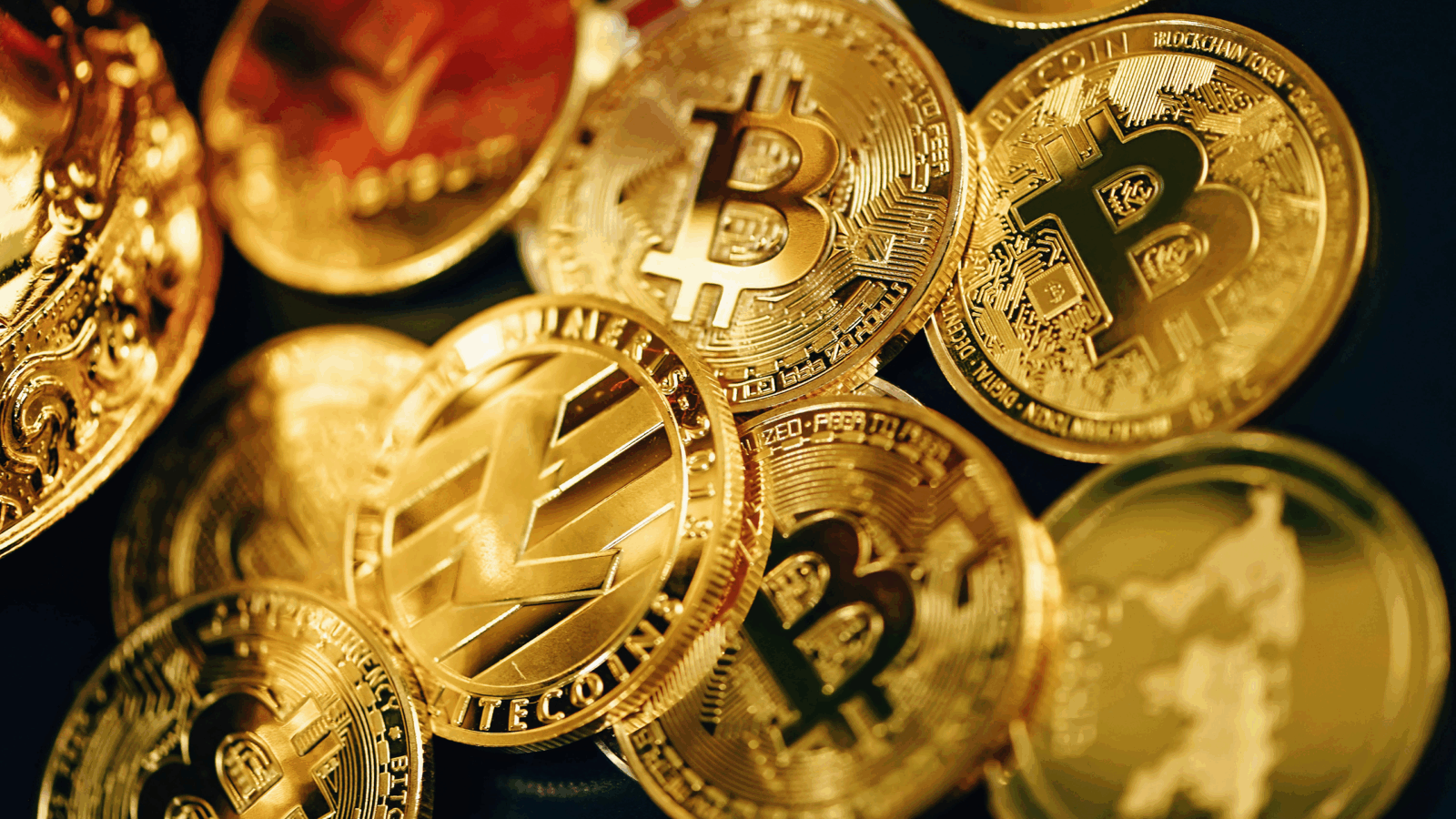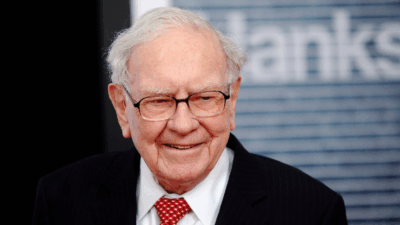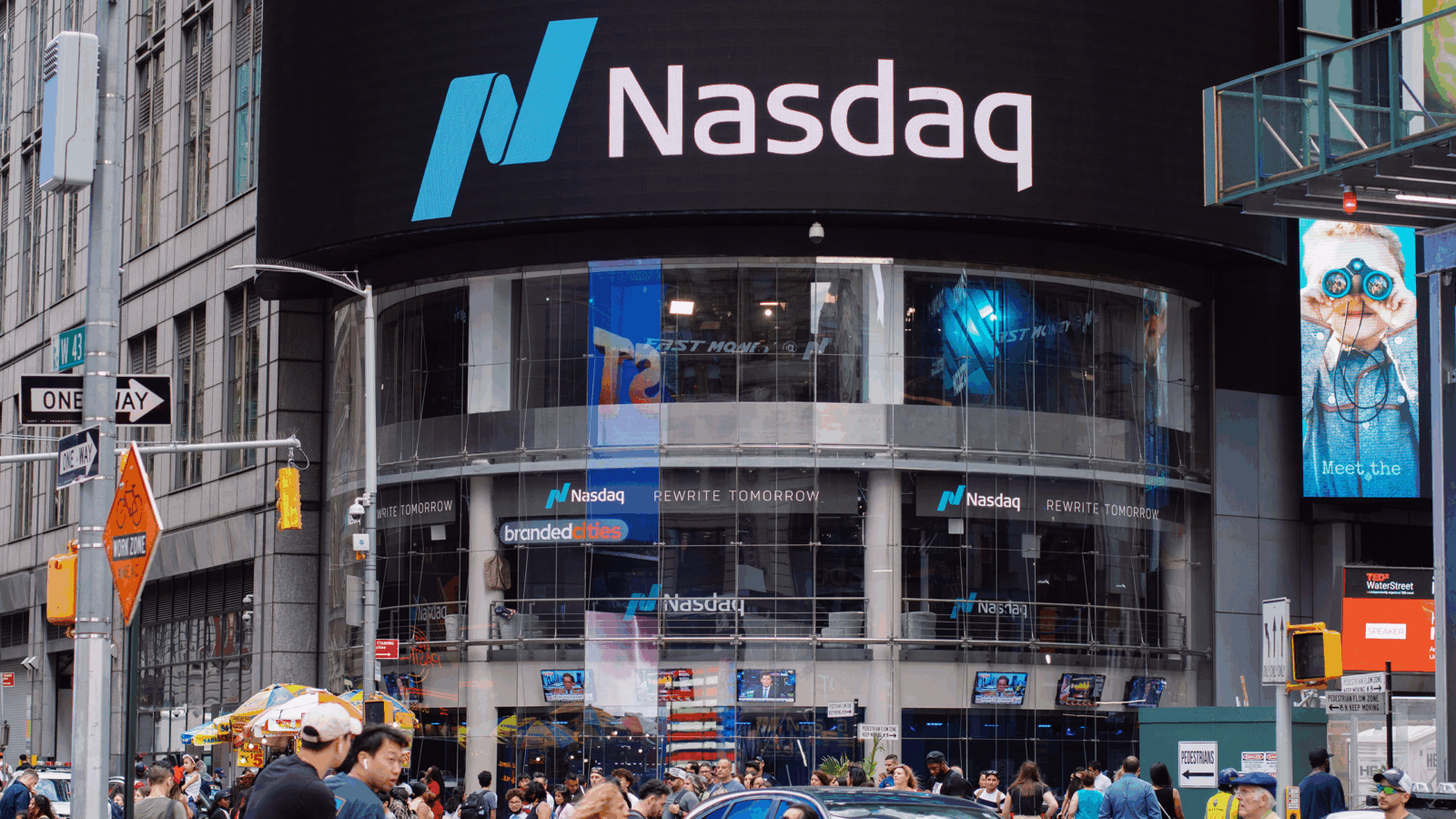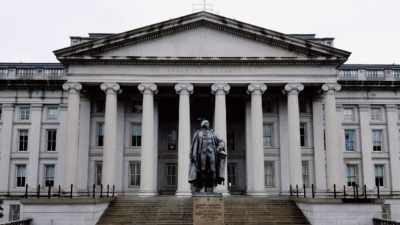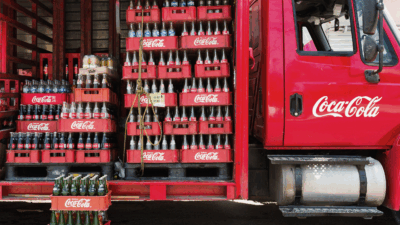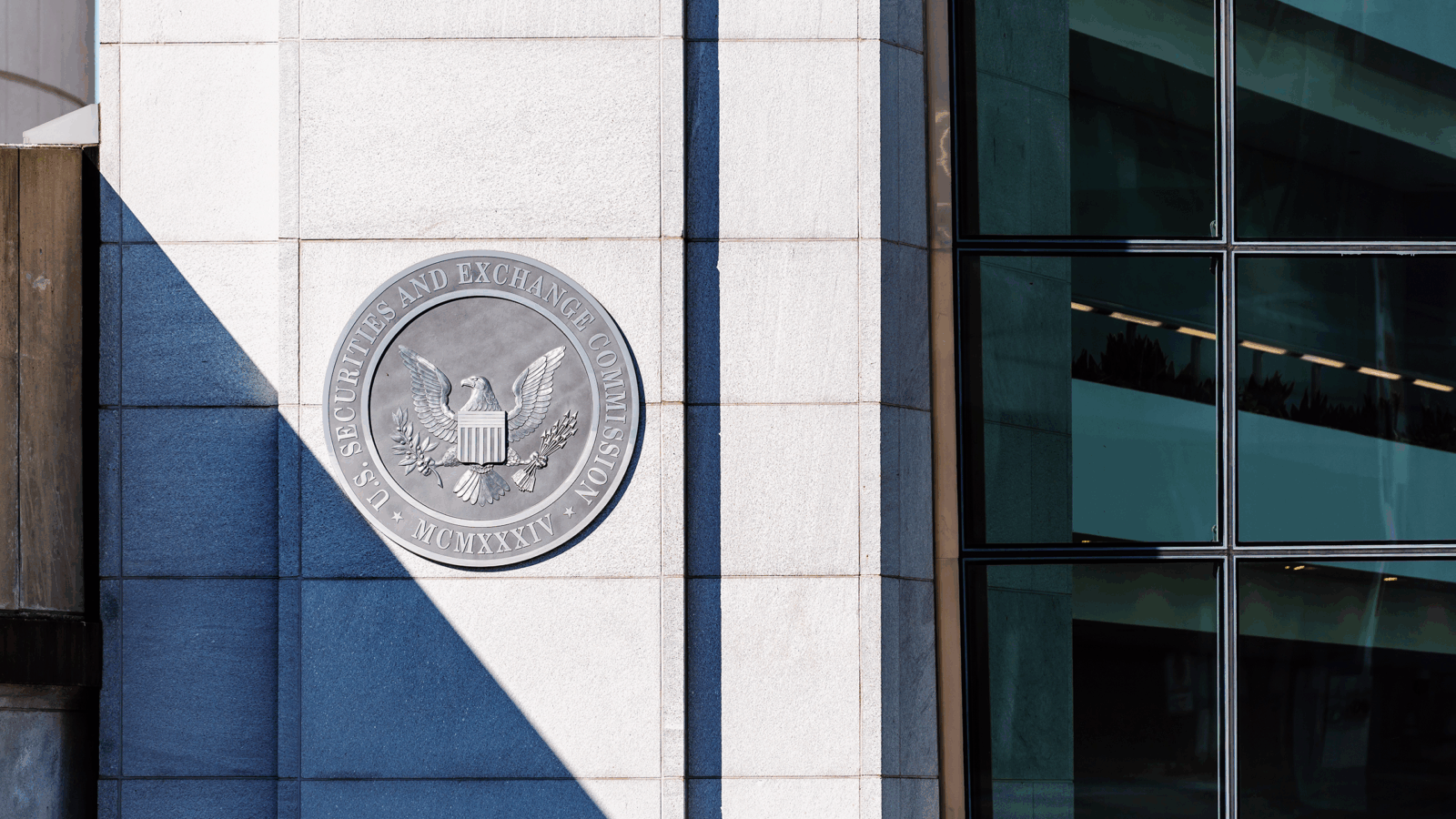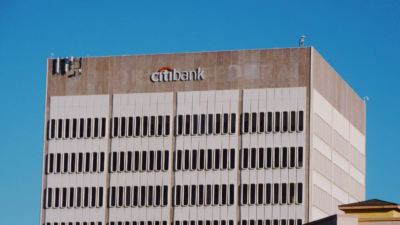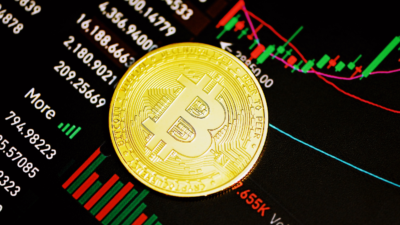
Sign up for smart news, insights, and analysis on the biggest financial stories of the day.
There was a time in the far distant past when dinosaurs roamed the earth and when merging with a special purpose acquisition company, or SPAC, was practically the hottest trend on Wall Street. All the way back in early 2021.
By the second quarter, the trend had nearly vaporized into the fossil record. Now, at the end of 2021, new data shows it’s turned worse than that — companies are walking away from their own SPAC deals, having watched one too many go sour. Nice to have the benefit of hindsight.
Reversal of Fortune
What originally seemed like a great idea — merge with a blank check company and skip the hassles of a traditional IPO — turned bad really quick. Companies that went public through an SPAC merger from January 2019 to June 2020 underperformed the Nasdaq by 64% percentage points in the period to November 1 2021, according to The Economist.
As regulators took aim at increasingly poor performance, filings dwindled — 317 SPAC IPOs were completed in the first quarter of 2021, according to Pitchbook, a figure that fell rapidly to 106 in the second quarter and flatlined at 111 in the third quarter. Now, there’s a rising trend in deals getting canceled:
- Eight SPAC mergers have been called off since the beginning of Q4, compared to seven terminations for all of Q3, none in Q2, one in Q1 and seven in all of 2020, according to SPAC Research.
- Among the prominent couples to break up before they reached the altar are FAST Acquisition and Fertitta Entertainment, Pathfinder Acquisition and ServiceMax Northern Star, II and Apex Fintech Solutions, and Valo Health and Khosla Ventures Acquisition.
How to Cancel: “Market conditions” are the primary reason cited for walking away from a deal — but what technically allows a merger target to back out is if an SPAC trades below $10 and there’s not enough cash in trust to meet the deal’s requirements.
Still Buzzing: Firms can still go ahead with a merger if expected capital doesn’t materialize. BuzzFeed did — after 94% of the $287.5 million its SPAC partner raised was withdrawn by investors — and so far has a 39% drop in share price to show for it.
